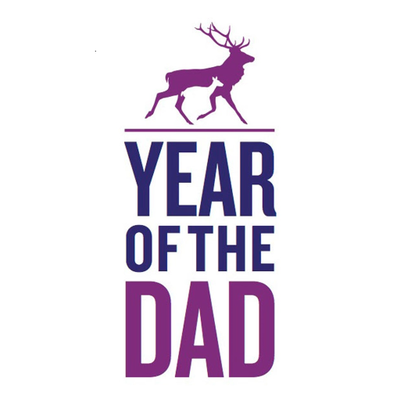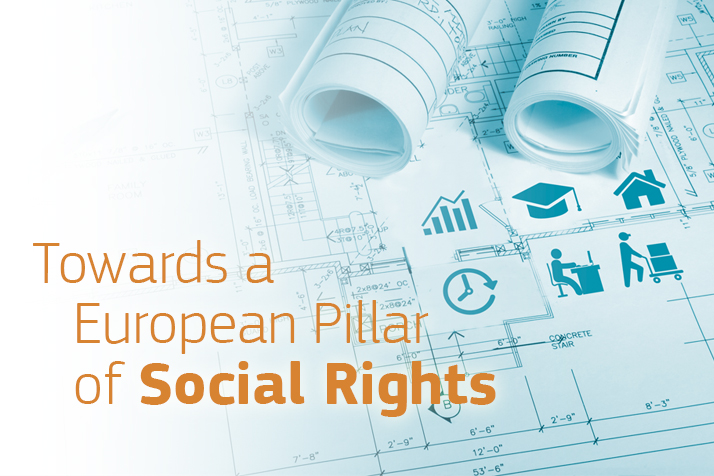Over two days, 500 people from different
European countries discussed the importance of Vocational Skills in Education
and Training of young people today. Entrepreneurs, trainers and young people
presented examples of good practice across Europe. But one question came up: Is
vocational education a choice or a punishment?
Parents still continue to consider that
their children should choose a university course. For them vocational training
is always a second choice. The main reason for it is that many schools in Europe, when their pupils
have poor results, do not show interest and they repeatedly bump, compulsively
oblige them to attend a vocational training. This type of behavior is more visible
in the South than in northern Europe. That is why often the vocational path
is interpreted as a punishment.






















